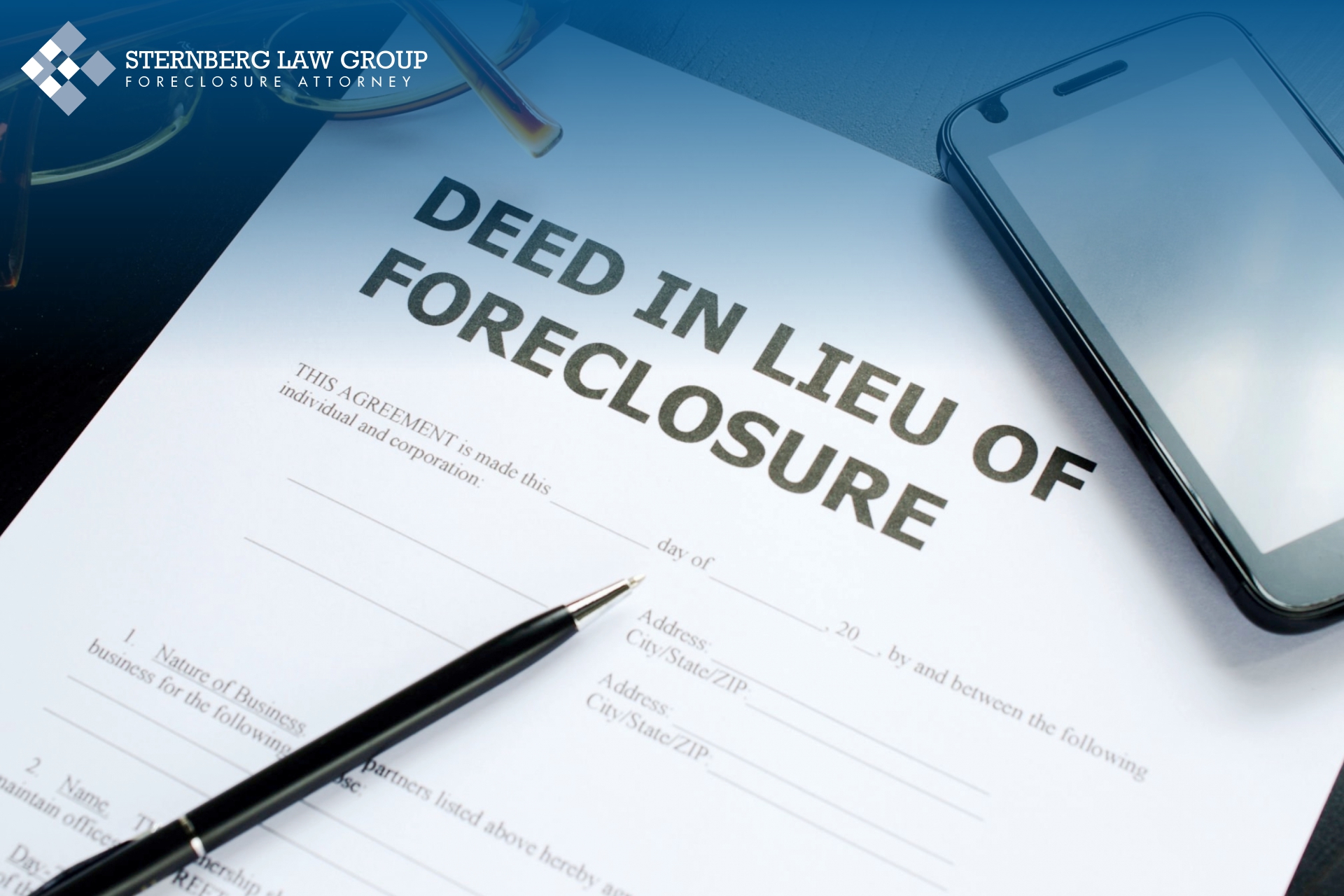
Detangling the intricacies of homeownership in California, especially when navigating unexpected financial difficulties, can be overwhelming. However, understanding the Deed in Lieu of the Foreclosure process may provide some relief if you are facing foreclosure.
In this article, we will cover the basics of a Deed in Lieu, its benefits, challenges, and alternative options for homeowners in California.
A Deed in Lieu of Foreclosure, is a legal procedure where the homeowner voluntarily transfers the ownership of their property back to the lender or mortgage holder. This transfer essentially releases the borrower from their mortgage debt and helps the lender avoid the lengthy and costly foreclosure process. The Deed in Lieu is an alternative for homeowners struggling with mortgage payments and helps the lender recoup some of their investment faster.
Qualifying for a Deed in Lieu in California typically involves meeting specific criteria to demonstrate the homeowner’s financial hardship and inability to afford the mortgage payments. The requirements for a Deed in Lieu may vary depending on the lender but generally include the following:
A foreclosure can significantly harm a homeowner’s credit score and make it difficult to secure future loans or housing. A Deed in Lieu, though still impacting credit, can be less harmful than a foreclosure.
The foreclosure process can be time-consuming and expensive for both lenders and borrowers. A Deed in Lieu allows both parties to save on associated costs and potentially resolve the issue faster.
Some lenders offer relocation assistance to homeowners who enter a Deed in Lieu agreement, potentially easing the financial burden of transitioning to new housing.
You may be able to negotiate a change in your loan terms with your lender, including reduced interest rates, extended payment schedules, or altered principal amounts.
If the amount owed on your mortgage exceeds the property’s current value, a short sale allows you to sell the home for its market price while the lender agrees to accept a lesser amount and forgive the remaining debt.
Temporarily suspending or reducing your monthly mortgage payments for a negotiated period could provide temporary relief and allow you time to regain financial stability before resuming regular payments.
Though less severe than foreclosure, a Deed in Lieu will still negatively impact your credit score and remain on your credit report for up to seven years.
The canceled mortgage debt from a Deed in Lieu may be considered taxable income, thus creating potential tax liabilities.
Lenders may view a Deed in Lieu as a high-risk indicator, making securing loans or other types of credit more challenging.
Facing foreclosure issues might be a crucial and overwhelming experience. Understanding the Deed in Lieu process, its benefits and challenges, and alternative options, may offer relief and direction for homeowners in California. Consult an experienced foreclosure attorney to determine the best course of action for your situation.
At Sternberg Law Group, our mission is to create a responsive, client-friendly law firm dedicated to helping individuals and families obtain debt relief. Our job is to guide you to a new and better life because everyone deserves a fresh start. We have assisted many people in resolving their debt while keeping their property and financial independence. If you’re looking for a foreclosure attorney in Los Angeles, we’ve got you covered! Take your first steps to financial freedom today. (Source: sternberglawgroup.com)
A.1 A Deed in Lieu is a legal procedure where the homeowner voluntarily transfers the ownership of their property back to the lender or mortgage holder in exchange for being released from their mortgage obligation.
A.2 Documentation requirements may vary depending on the lender but typically include proof of financial hardship, tax returns, bank statements, and pay stubs.
A.3 Benefits include avoiding the negative impact of foreclosure on credit, saving time and money, and potential relocation assistance.